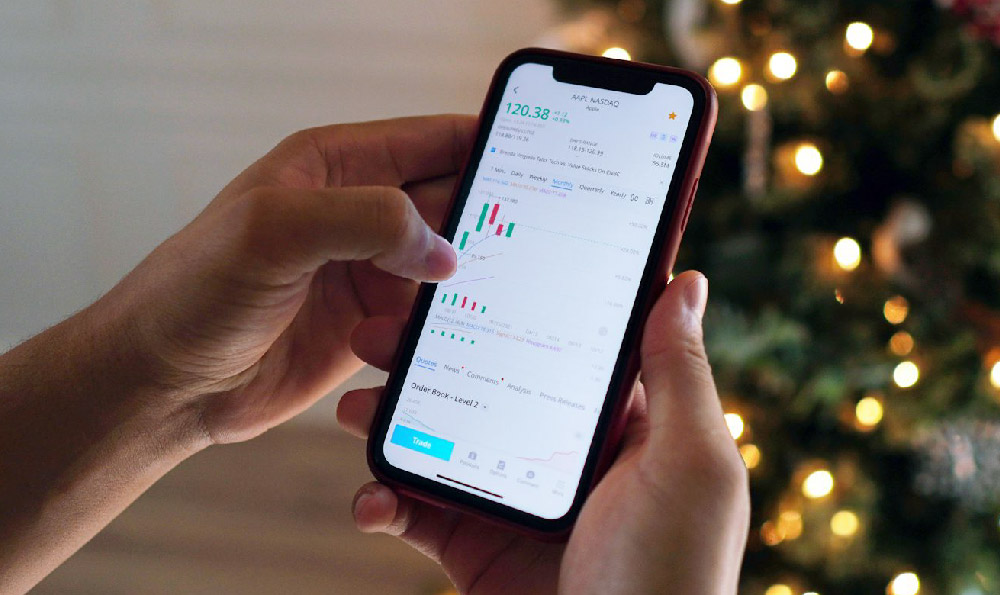Make Money from Blogging: Online Income Strategies
Blogging has become one of the most accessible platforms for generating online income, offering individuals the opportunity to monetize their passion, expertise, or creativity without requiring significant upfront investments. While some may view the process as a long-term endeavor, there are multiple revenue streams that can be activated quickly, provided the right strategies are implemented. The key to success lies not only in consistent content creation but also in understanding how to engage an audience effectively while exploring scalable monetization methods. This requires a blend of creative thinking, technical know-how, and adaptability to evolving trends in digital marketing. By focusing on building a strong foundation of trust and authority, bloggers can open doors to diverse income opportunities that extend beyond traditional advertising models.
One of the most straightforward yet effective ways to generate income from a blog is through affiliate marketing, where writers promote products or services and earn commissions for each sale or click. This strategy leverages the blog's audience as potential customers, making it crucial to align products with the blog’s niche and values. For example, a fitness blogger might recommend workout gear, supplements, or fitness courses, which can lead to a steady income stream without directly selling anything. The transparency of the recommendations, however, plays a vital role in maintaining credibility. Bloggers who provide unbiased insights and disclose their partnerships are more likely to build long-term trust, which in turn increases conversion rates. Success in this area often depends on the ability to create informative content that naturally integrates product recommendations, rather than forcing them into unrelated posts.
Another viable approach is creating and selling digital products, such as e-books, online courses, or templates. This method transforms the blog into a content factory, where ideas are packaged into marketable assets that can be sold repeatedly without additional effort. For instance, a parenting blog might develop a downloadable guide on child nutrition or a customizable spreadsheet for tracking family expenses. Digital products offer significant flexibility, allowing bloggers to work independently and target niche audiences willing to pay for specialized knowledge. The challenge lies in identifying high-demand topics, designing high-quality products, and leveraging marketing techniques to drive sales. Tools like Gumroad or Gumtree can facilitate the creation and distribution of such products, while email marketing and paid promotions can help expand their reach.

Monetizing a blog also involves building an audience that values the content, which can lead to brand partnerships and sponsored posts. Companies often seek bloggers to promote their products, especially if the blog’s audience aligns with their target market. This strategy requires a clear understanding of the audience’s demographics, interests, and pain points. A lifestyle blog, for example, might attract brand deals from fashion or travel companies, while a tech blog could secure partnerships with gadget manufacturers. The success of such collaborations often hinges on the blogger’s ability to maintain authenticity while delivering value to both their audience and the brand.
In addition to these methods, bloggers can explore niche-specific revenue opportunities such as creating memberships or subscription-based content. This approach involves offering exclusive resources, tutorials, or community access to paying members. For example, a photography blog might launch a membership program providing access to advanced editing techniques, behind-the-scenes insights, or a private forum for discussing projects. Memberships require careful planning to ensure the added value justifies the subscription fee, which can be achieved by offering high-quality, personalized content that addresses specific needs.
Another emerging strategy is integrating affiliate marketing with content marketing through a layered approach. For instance, a travel-oriented blog might create a detailed guide on budget-friendly destinations and then promote relevant services, such as accommodation bookings, flight tickets, or travel insurance. This combination allows for sales opportunities that are more targeted and less disruptive to the reader’s experience. Optimizing the blog for search engines (SEO) ensures that the content reaches the right audience, thereby increasing the likelihood of generating income from organic traffic.
The potential to monetize a blog also exists through partnerships with other bloggers or influencers. Collaborations can take the form of joint ventures, guest posts, or co-hosted webinars, where both parties benefit from shared audiences. For example, a food blog might collaborate with a kitchenware blog to create a bundled product, or both could promote each other’s content to attract new readers. These partnerships require negotiation skills, strategic alignment, and a mutual understanding of audience value.
Beyond these strategies, bloggers can explore alternative income methods such as creating and selling content under different formats. For instance, a travel blog might offer exclusive content through a pay-per-view model, where readers can access high-resolution photos, video tours, or in-depth guides for a fee. Alternatively, content can be licensed or sold in physical formats, such as printed guides or merchandise, expanding the monetization possibilities beyond the digital realm.
In the digital age, the ability to monetize a blog is not limited to traditional methods. Emerging technologies and trends, such as crypto mining or NFTs, have also opened new avenues for generating revenue. While these strategies may require additional technical knowledge, they offer unique opportunities for diversifying income sources. For example, a tech blog might explore ways to generate income through cryptocurrency-related content, such as tutorials on investing or mining techniques. The key to success in these areas is staying informed about technological advancements and finding ways to incorporate them into the blog’s niche.
Overall, generating income from a blog requires a multifaceted approach that combines content creation, audience engagement, and strategic monetization techniques. By exploring diverse revenue streams and adapting to market trends, bloggers can create a sustainable income model that aligns with their goals and values. Success in this field is not solely about the methods used but also about the consistency, quality, and authenticity of the content, which ultimately drive long-term profitability.















